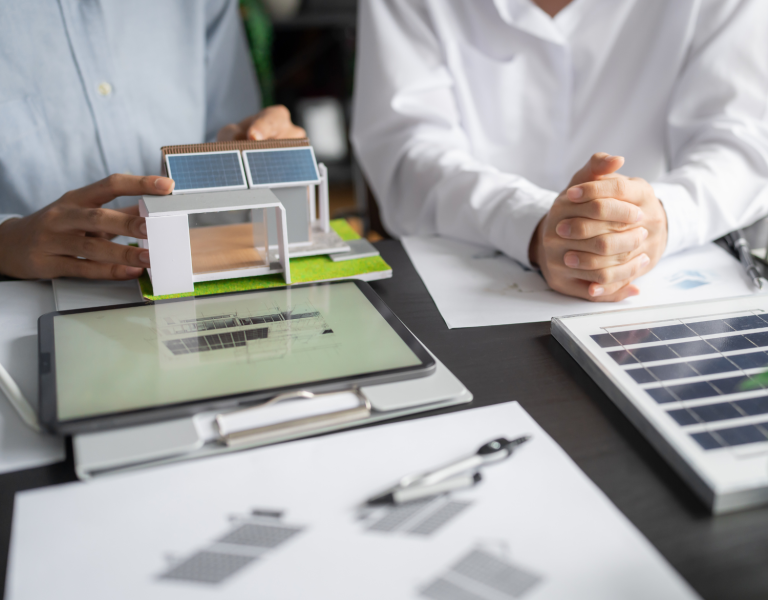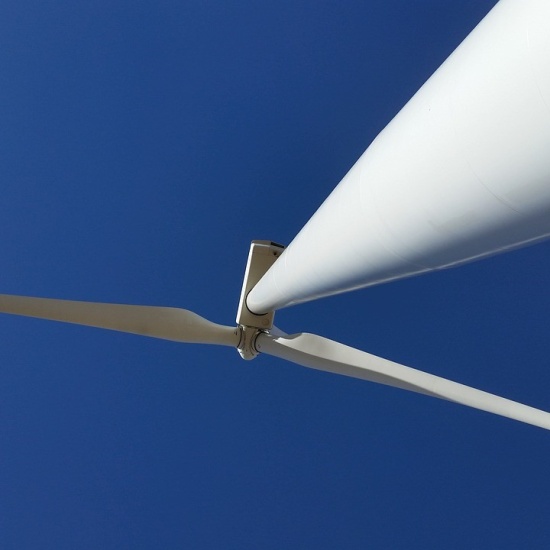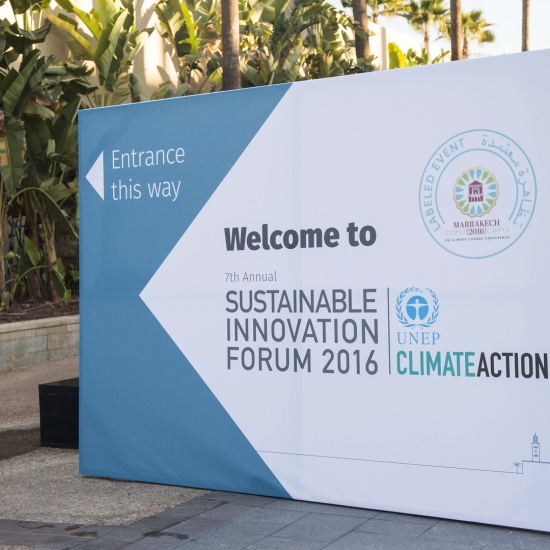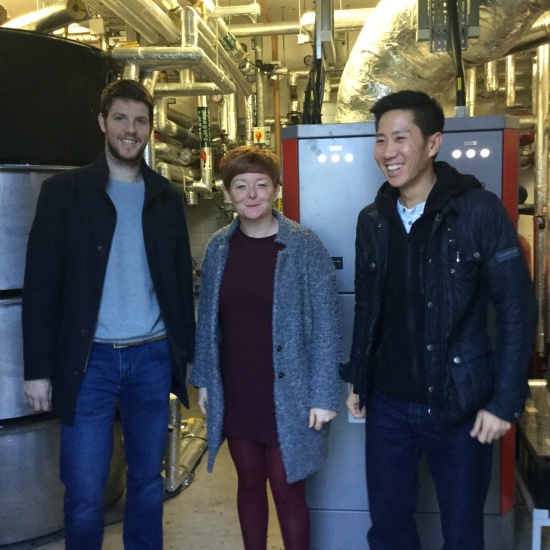Generation Renewable: decarbonising our national electricity & gas grids
The Climate Action Plan aims to put Ireland on a pathway to 2030 which is consistent with achieving net zero emissions by 2050.

It defines a roadmap and a coherent set of policy actions to achieve this goal. Over 180 actions in the plan cover areas including: electricity, carbon pricing;enterprise; built environment; transport; agriculture, forestry and land use; waste and the circular economy; the public sector; Ireland's international action on climate breakdown; citizen engagement, community leadership, just transition; and adaptation.
Major targets called out in the Plan include achieving 70% renewables on the electricity grid by 2030; development of a large-scale offshore-energy sector; enhanced electricity interconnection; and a phase-out of electricity generation from coal and peat. Ireland faces significant challenges in decarbonising our economy and the electricity sector will play one of the central roles in achieving our climate action goals.
National Energy Research and Policy Conference
Ireland's foremost experts in the areas of energy research and policy making gathered at the inaugural National Energy Research and Policy Conference in November 2019 to discuss how best to achieve these targets. The conference, co-hosted by SEAI and the Department of Communications, Climate Action & Environment, focussed on transformation of Ireland's electricity sector. One issue discussed in detail at the 2019 conference was the importance of developing hard and soft infrastructure in order to underpin the achievement of Government energy and climate policy targets. You can watch the video highlights below. The 2020 edition of the conference will focus on the large-scale decarbonisation of Ireland's heat sector.
Energy Research Central to Future of Clean Energy in Ireland
Two of the more significant pieces of legacy hard infrastructure are the electricity and gas grids. Government policy points towards significant increases in the electrification of the heat and transport sectors. There is also a commitment to discontinue generation of electricity generation fuelled by coal and peat, and plans for significant expansion of the quantity of renewable electricity on the grid. As such it is relatively intuitive to understand how the electricity grid can be aligned with Ireland's decarbonisation trajectory. To enable this goal, significant investment will be required both in the legacy grid and new development projects.
The national gas grid too is a significant piece of legacy energy infrastructure. There is a need to further investigate emerging technologies such as hydrogen, biomethane and anaerobic digestion and to instigate a move away from use of fossil-fuel gas. Major efforts are underway on these topics, including projects funded by the SEAI National Energy Research, Development & Demonstration Funding Programme.
Soft infrastructure is an important part of enabling the change required and includes considerations such as communities, supply chains and skills. Soft infrastructure often receives less attention, but is of critical importance to Ireland's decarbonisation. The SEAI Sustainable Energy Community network consists of over 300 communities around Ireland who support Ireland's energy transition. It is imperative that communities are fully engaged, and are a central part of our decarbonisation journey, particularly when it comes to the development of the energy infrastructure required to enable large scale decarbonisation.
Developing supply chains to underpin Ireland's decarbonisation of the electricity sector is another important aspect of soft infrastructure. Early analysis of the requirements has the added bonus of highlighting potential enterprise development opportunities which will arise during Ireland's decarbonisation journey. SEAI is currently undertaking a full analysis of energy sector decarbonisation supply chain opportunities to inform this.
A third essential piece of the jigsaw is skills development. A Government expert group is currently examining the skills needs of enterprises associated with Ireland's low carbon transition. It is likely that considerable additional education and training programmes will be required to provide a sufficient number of appropriately skilled workers to meet energy and climate policy goals.
Ireland faces a fundamental transformation of its entire energy system over the coming decades. Careful consideration of infrastructural requirements will be a key enabler of this transformation.
Read about SEAI's Energy Research



